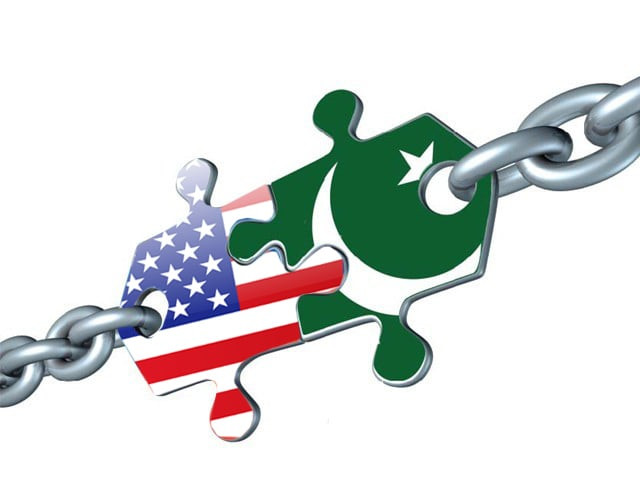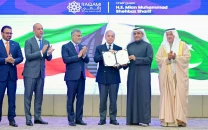Pakistan-US relations
No matter how much the US wishes to distance itself from Pakistan, a complete break in relations would hurt the US.

Part of the problem is a certain measure of hypocrisy on the part of the US. Now that they are ready to begin withdrawing troops from Afghanistan, the US is willing to talk to segments of the Afghan-Taliban to save face. At the same time, they are not willing to afford the same luxury to Pakistan. A State Department spokesman said that only those Taliban groups which the US and Afghanistan governments had selected, could be part of the reconciliation process and that the Pakistani Taliban would not be included in that. The problem for Pakistan is that it will have to continue to tackle the Pakistani Taliban long after US troops have left and so it will want to reserve the right to begin negotiations with them.
What is heartening is that despite the numerous issues between the two countries, neither is willing to break-off relations altogether. This, too, is because of substantive reasons. Pakistan is too reliant on US aid to keep its economy afloat and so there is a limit on how much it can antagonise the US. For the Americans, even a slightly pliant Pakistan is preferable to one that has completely gone off the reservation. Like all alliances, this one too needs to be dictated by a touch of realism. Both countries need to acknowledge that their relationship is purely transactional and not based on mutual interests. Clinton and Khar went a long way towards precisely that honesty.
Published in The Express Tribune, February 25th, 2012.



















COMMENTS
Comments are moderated and generally will be posted if they are on-topic and not abusive.
For more information, please see our Comments FAQ